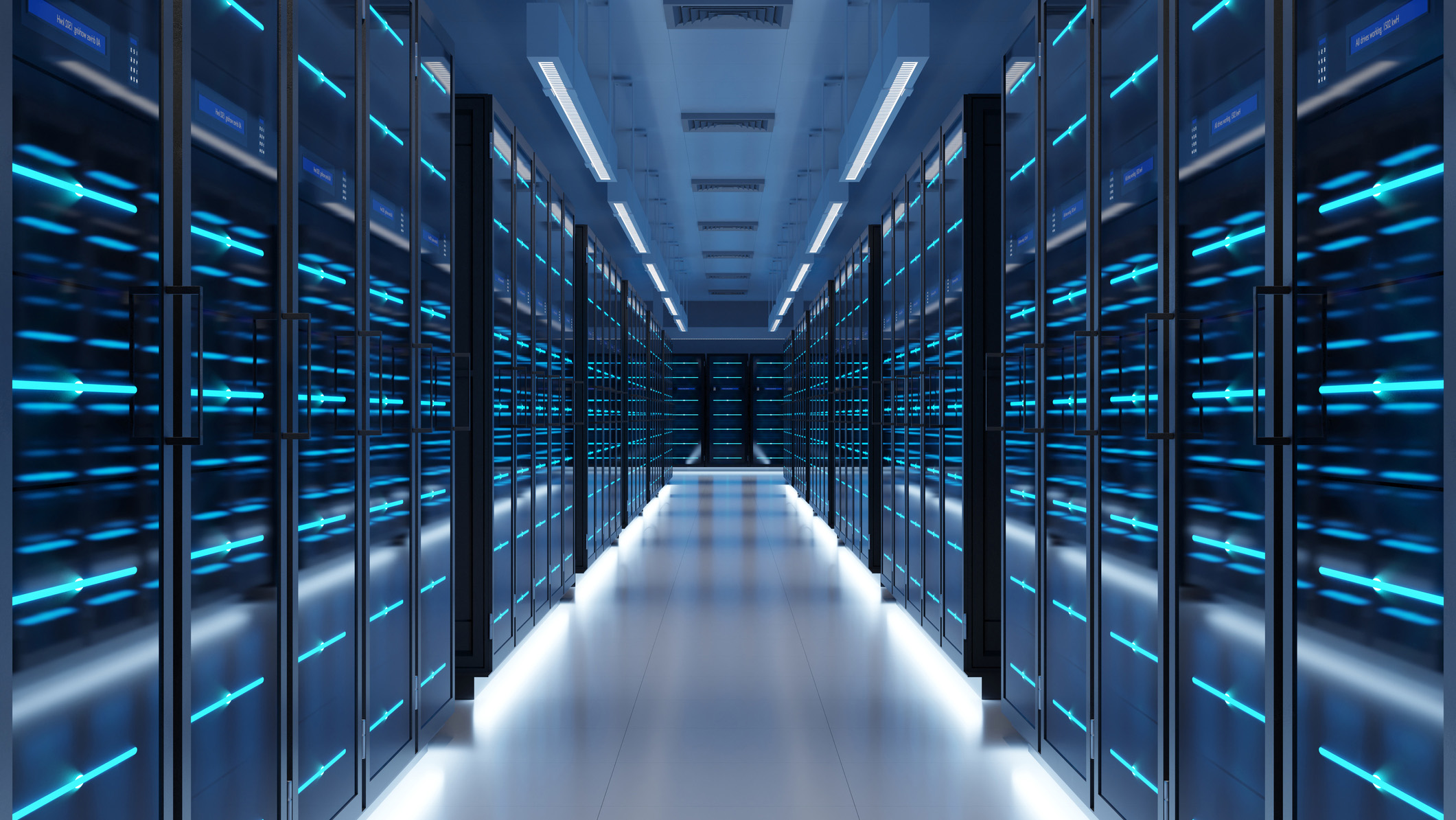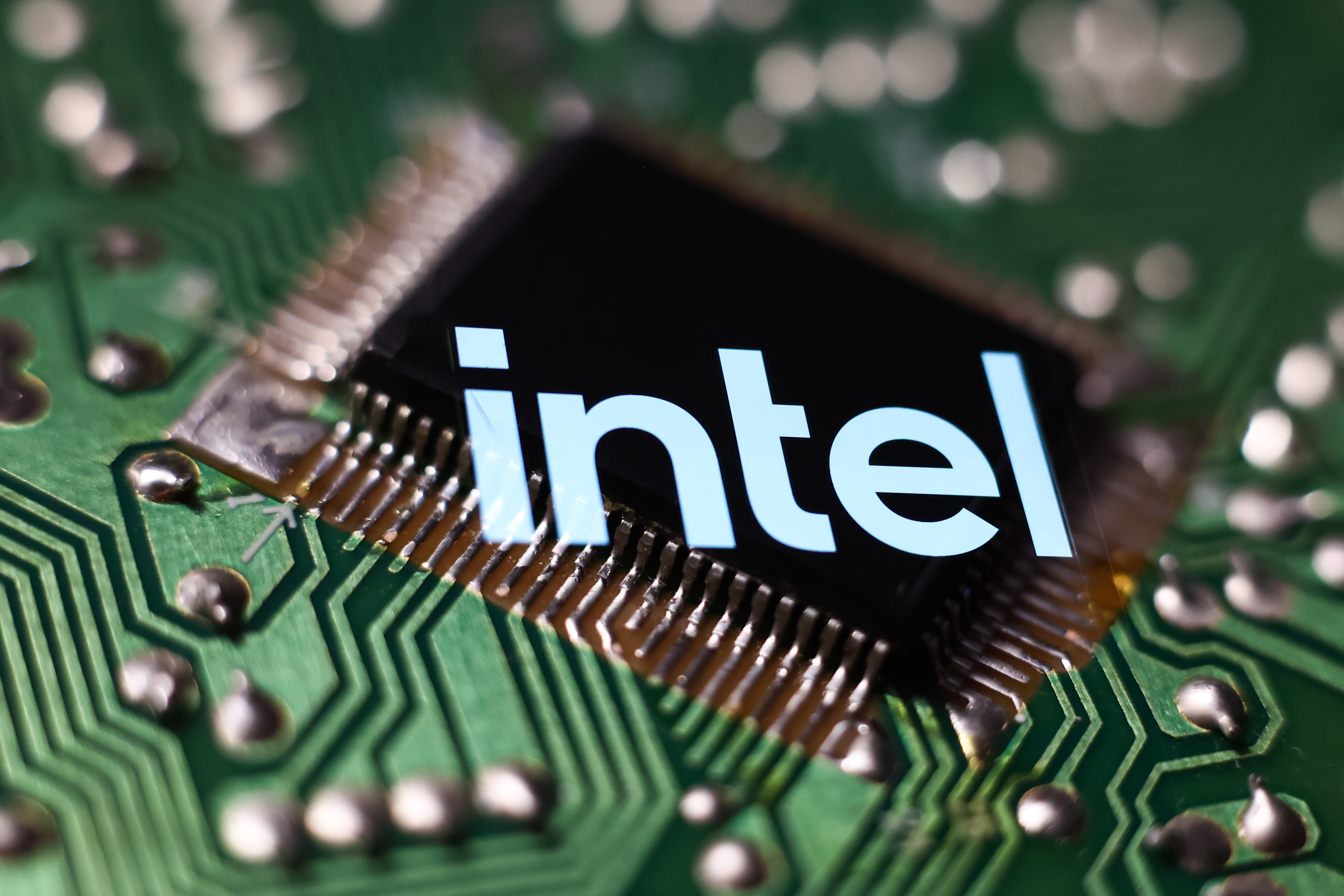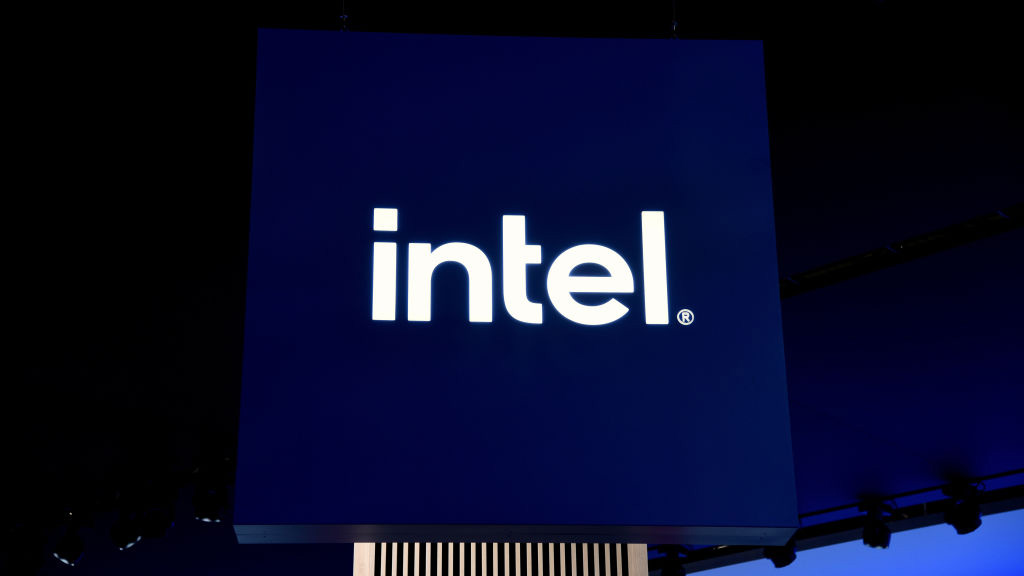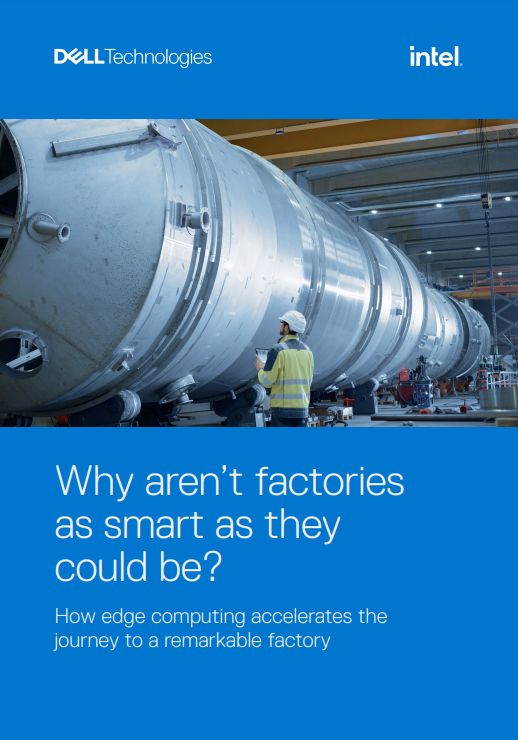Intel: We’re coming out of recession
The chip giant's chief executive is upbeat about what the future holds.

Intel's chief executive Paul Otellini has claimed that the company is "coming out" of the recession, and that he expects the desktop PC industry to sell as many PCs this year as it did in 2008.
Indeed, he described Intel's performance over the last year as "a pretty good result."
In an interview with the BBC Otellini claimed Intel had weathered the storm in part because people saw their PCs as "indispensible". "If it breaks you don't wait for the end of the recession to replace it," he said.
An Intel spokesperson claimed in a statement that it had more than simply survived the downturn, telling IT PRO that "Our company philosophy is that you cannot save your way out of a recession." He added: "People do not want to buy technology that is two years out of date when we come out of the recession. Intel continues to invest in R&D despite the downturn."
Otellini reserved harsher words for the EU Commission, which fined Intel 900 million in May this year after ruling Intel was behaving anti-competitively by locking manufacturers such as HP into using its CPUs exclusively.
Intel is appealing the ruling, and Otellini said he is "comfortable" that the company will win. "The process was one that did not look at all the evidence and didn't balance all the facts," he said.
However, Intel refuses to be drawn on exactly what that evidence is. "Since this is a confidential process at this point we can't get into detail," Intel's Robert Manetta said. "We have stated categorically that we are not guilty of what the commission has accused us of, so you can kind of make an inference there," he added.
Get the ITPro daily newsletter
Sign up today and you will receive a free copy of our Future Focus 2025 report - the leading guidance on AI, cybersecurity and other IT challenges as per 700+ senior executives
He also claims Intel's behaviour hasn't impacted consumers negatively. "We obey the law," said Manetta. "We think our business practices are lawful and pro-competitive." Citing processor performance increases and price drops over the last decade, Manetta said: "Our belief is this is a really, really good market and it serves consumers really well, both on the basis of price and in terms of innovation."
Otellini also made some tantalising claims about the future of multi-core desktop processors. He told the BBC that 128-core CPUs were "not a technical problem," and that Intel was "working with some of the research institutions around the world to advance parallel programming."
-
 CyberOne appoints Microsoft’s Tracey Pretorius to its advisory board
CyberOne appoints Microsoft’s Tracey Pretorius to its advisory boardNews The threat intelligence leader will provide strategic guidance to CyberOne’s executive team
By Daniel Todd
-
 CISA issues warning in wake of Oracle cloud credentials leak
CISA issues warning in wake of Oracle cloud credentials leakNews The security agency has published guidance for enterprises at risk
By Ross Kelly
-
 Gaining timely insights with AI inferencing at the edge
Gaining timely insights with AI inferencing at the edgeWhitepaper Business differentiation in an AI-everywhere era
By ITPro
-
 Scaling AI from pilot to production: Maximize AI impact with HPE & Intel
Scaling AI from pilot to production: Maximize AI impact with HPE & IntelWhitepaper Transform AI proof-of-concepts into full-scale implementations
By ITPro
-
 UK supercomputer boom as HPE and Dell receive funding for new AI cluster
UK supercomputer boom as HPE and Dell receive funding for new AI clusterNews The UK’s AI computing capabilities will increase by an order of magnitude in 2024
By Rory Bathgate
-
 AI gold rush continues as Hugging Face snags $235 million from IBM
AI gold rush continues as Hugging Face snags $235 million from IBMNews The investment round, which brings the company's valuation to $4.5 billion, also includes Amazon, Google, Intel, and Salesforce
By Richard Speed
-
 Why is ASUS reviving Intel’s NUC mini-PC line?
Why is ASUS reviving Intel’s NUC mini-PC line?News The diminutive PC is to rise again while analysts look for the business case
By Richard Speed
-
 Intel targets AI hardware dominance by 2025
Intel targets AI hardware dominance by 2025News The chip giant's diverse range of CPUs, GPUs, and AI accelerators complement its commitment to an open AI ecosystem
By Rory Bathgate
-
 Why aren’t factories as smart as they could be?
Why aren’t factories as smart as they could be?Whitepaper How edge computing accelerates the journey to a remarkable factory
By ITPro
-
 Who needs Intel vPro®, An Intel® Evo™ Design, anyway?
Who needs Intel vPro®, An Intel® Evo™ Design, anyway?Sponsored With flexible work on the up, the demand for high performance on-the-go business laptops has never been greater
By ITPro